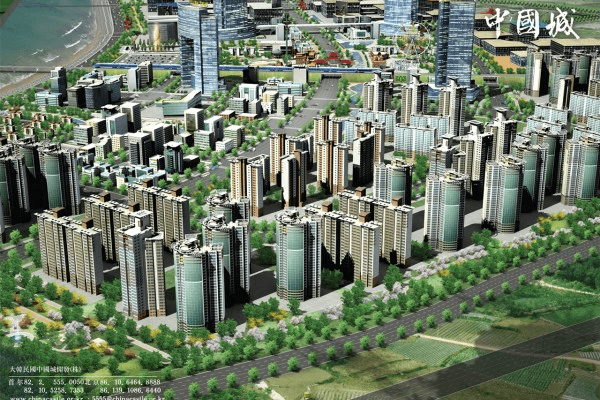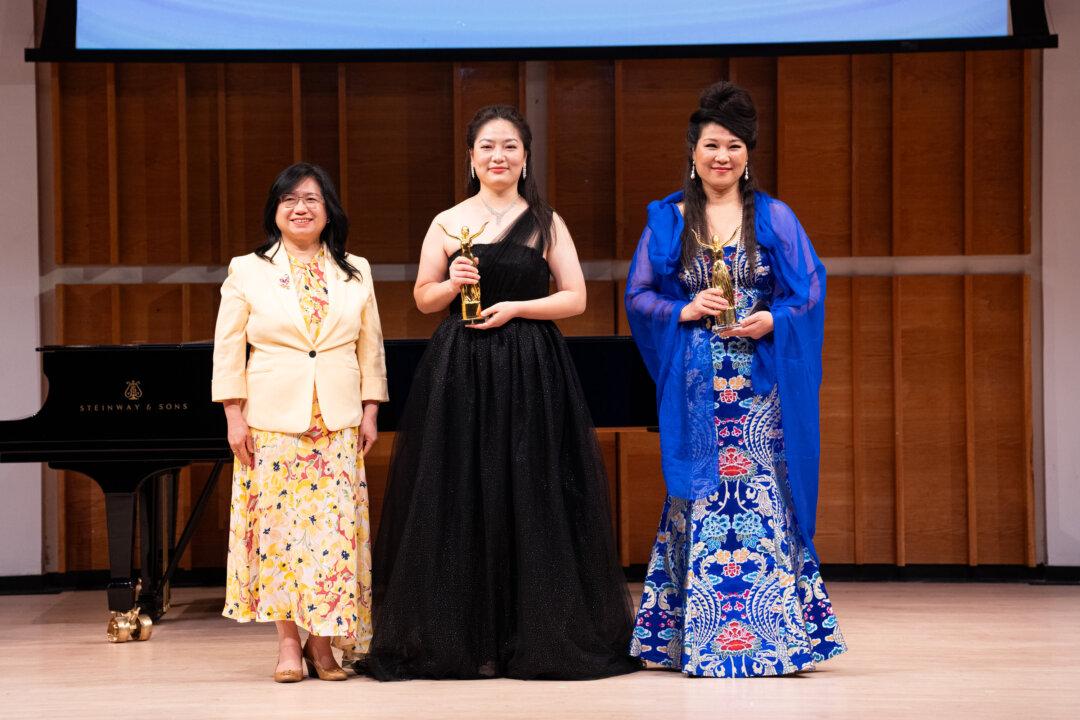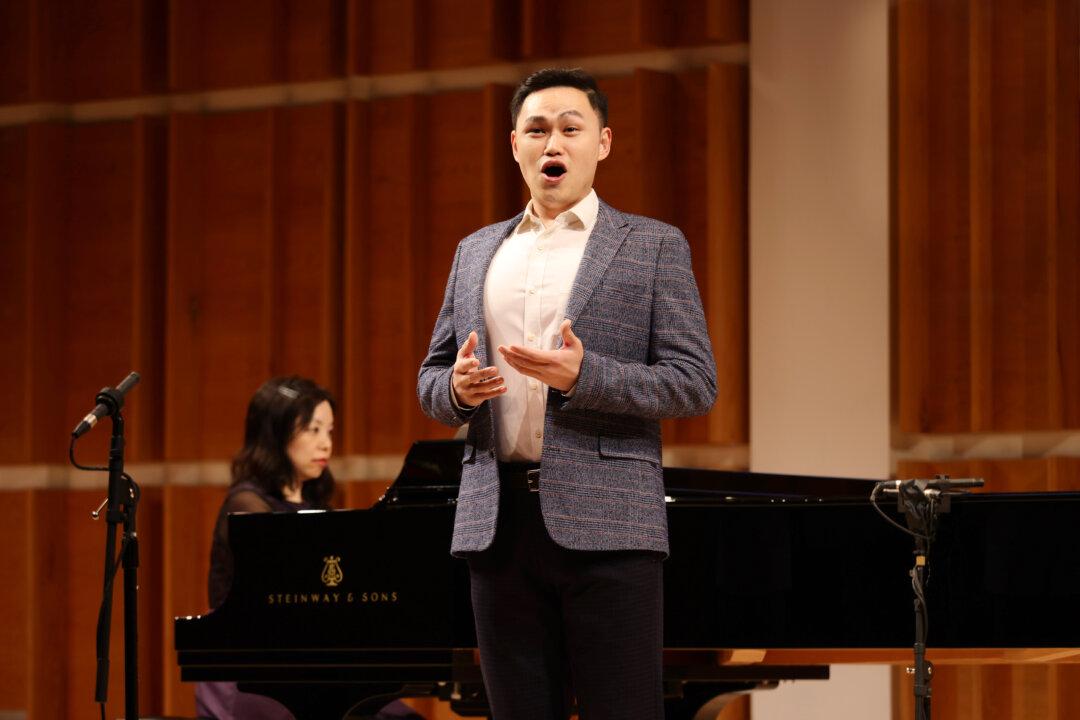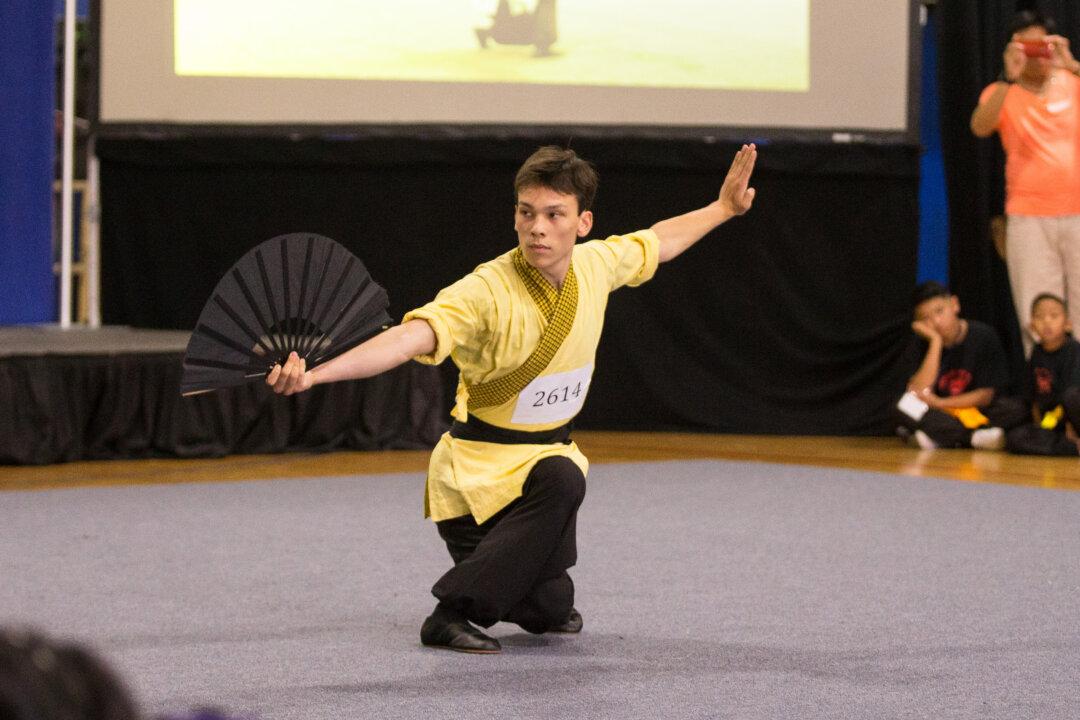Pyeongtaek, a major port on South Korea’s western coast, is a logistics hub near Seoul, the capital, and one of the state-designated outlets for the country’s burgeoning trade relations with China.
But for the locals, things may be getting too close for comfort. On June 16, South Korea’s Yellow Sea Free Economic Zone approved an ambitious project that, if completed, would give the country the world’s biggest—and perhaps most insular—Chinatown. The 500-acre project has met with backlash from local media, residents, and even members of the preexisting Chinese-Korean community.
Unlike the Chinatowns in Seoul and Incheon, which grew in natural interaction with their greater cities, the Pyeongtaek proposal would have a relatively isolated community of luxury hotels, apartments, shopping malls featuring international brands and duty-free shops, a K-pop performance hall, renowned international schools, and medical facilities.

Korean netizens expressed disapproval and incomprehension at the plans. Some raised fears that Pyeongtaek would end up like the island of Jeju to the country’s southwest, which was rapidly overrun by the Chinese tourism industry.
Jeju, with a population of about half a million, has seen extraordinary success in attracting mainland Chinese tourists as part of an effort to help the island province’s struggling economy in recent years.
It hasn’t been without downsides. Local newspapers and commentators began to accuse Chinese investors of “invading” Korean land, developing the properties to excess, and neglecting impacts on the natural environment.
Another common local grievance targets the tourists themselves—having been introduced by Chinese, not Korean travel agencies, it is thought that the visitors are more prone to violate traffic laws, jaywalk, litter the ground with cigarette butts, and only dine and spend money at Chinese establishments.
“They only spend money among themselves,” one netizen wrote, “and will be of no help of our economy.”





